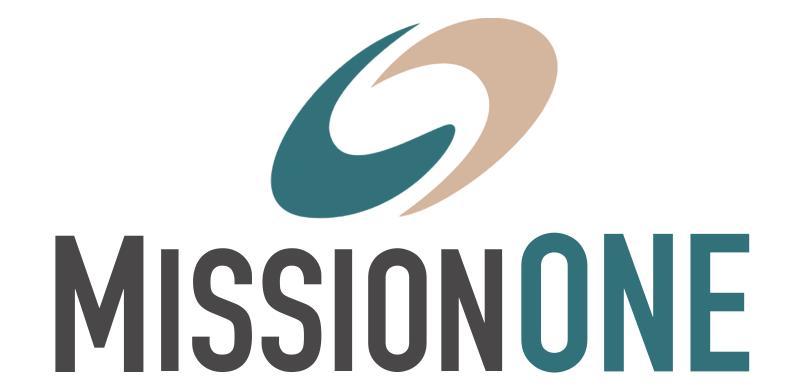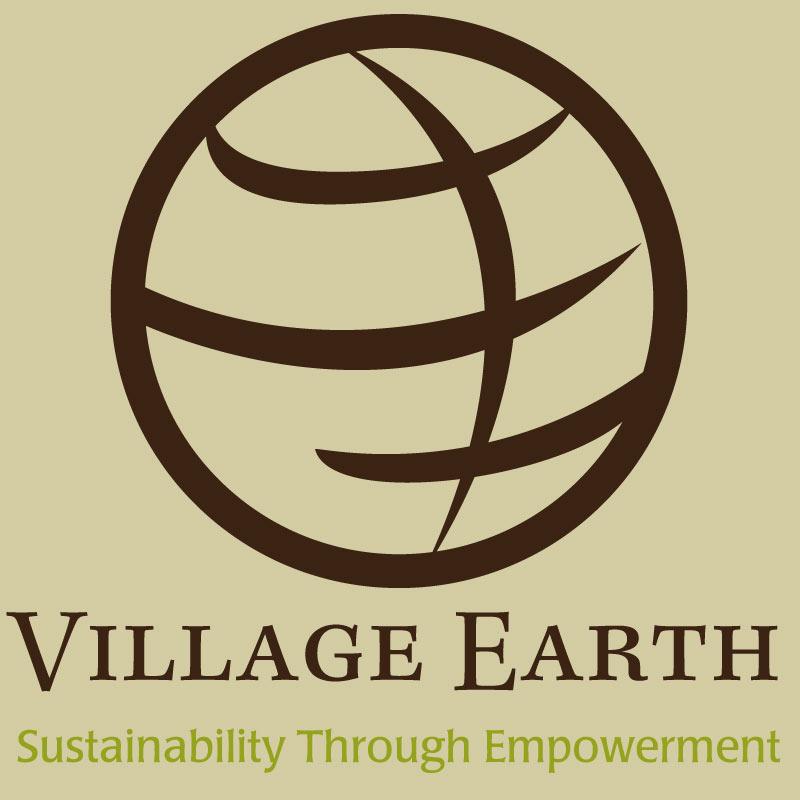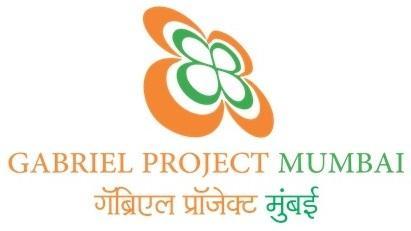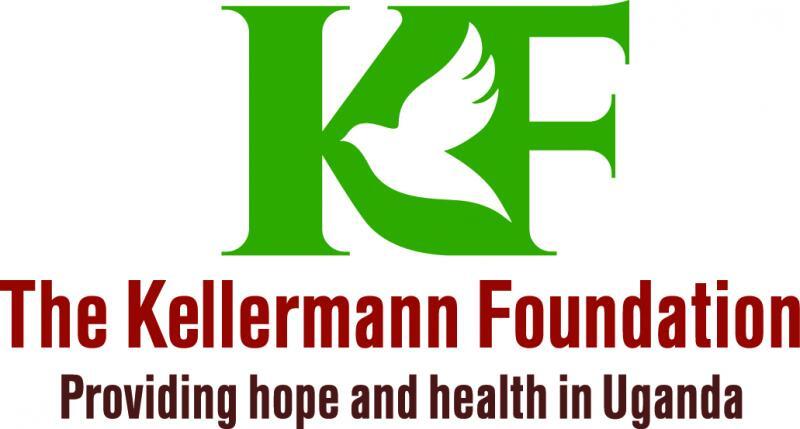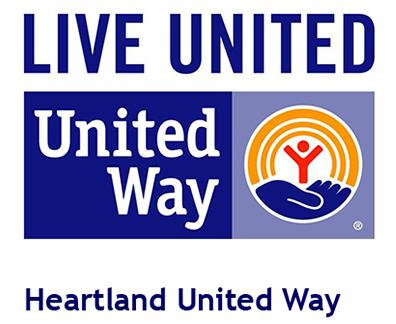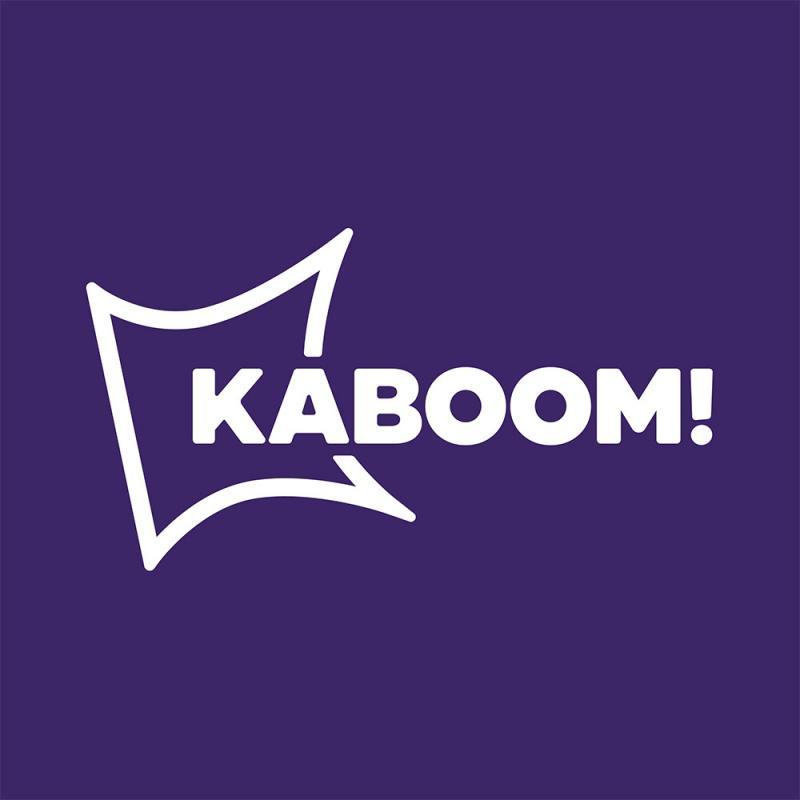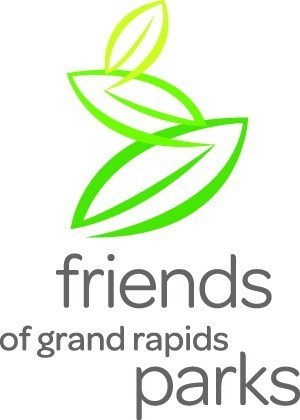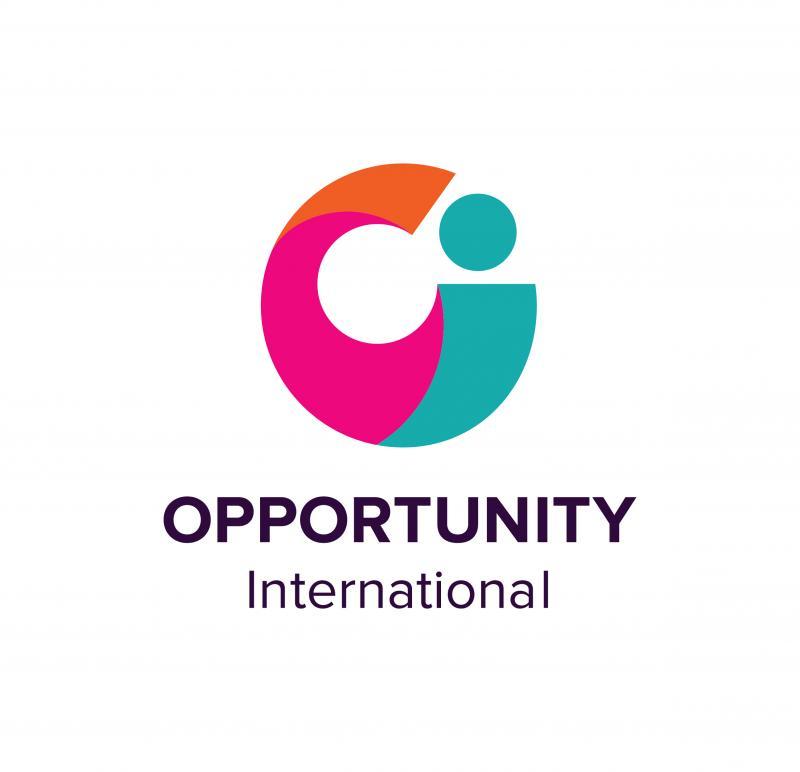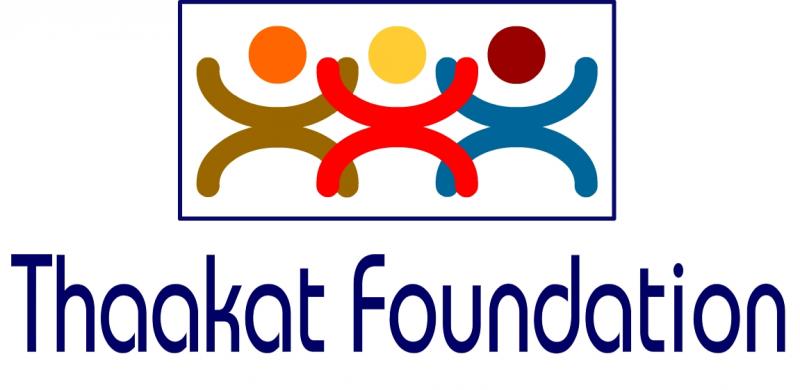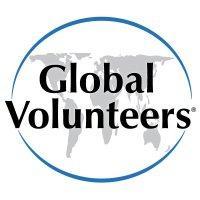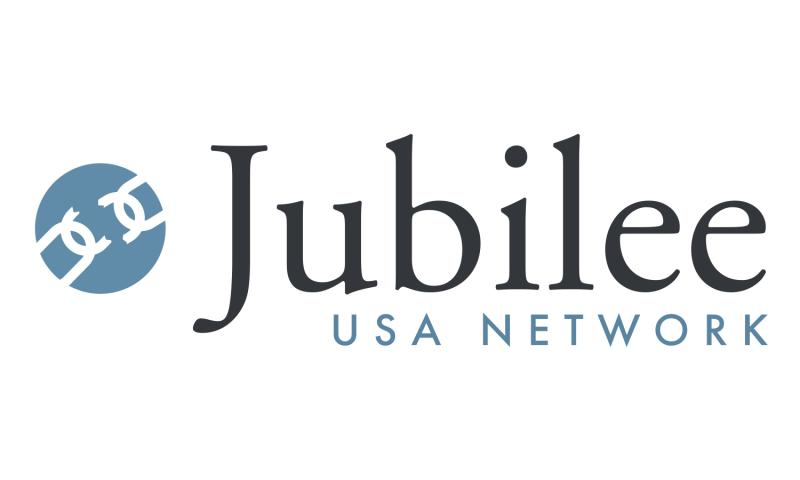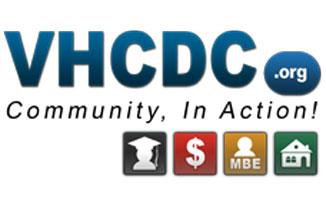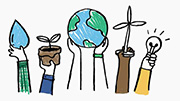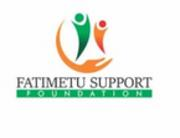Causes: Economic Development, Education, Educational Services, International, International Relief, Microfinance, Rural Economic Development
Mission: Our mission is to break the vicious cycle of illiteracy, poverty, and disease that is leading to early death in Lesotho by working through a local, grassroots, community-based organization to high quality education and job skills for the children in rural Lesotho. To do this, we provide special children's laptop computers and access to the internet. Thses laptops, and the access to information they provide, are an avenue for growth and improvement in the students' lives and in the community as a whole. We believe that truly successful solutions to the multitude of problems facing the people of Lesotho will come only when the Basotho devise and embrace solutions as their own. The best way to prepare them for that is through education and access to information, and the best time to reach them is when they are young. Our primary goal is to give each and every child in the community their very own laptop. With child-ownership, the laptops can be used both in the structured environment of the classroom and by the children on their own, away from school, for unstructured learning and discovery at their own pace. We use refurbished XO laptops by the One Laptop Per Child organization, unique notebook-sized computers designed specifically for children in less developed countries. The laptops are a fun way to expand on the basic classroom skills of reading, writing, and math. They also help develop more advanced skills such as logic, conceptualization, and problem-solving. The operating system can be changed to a more advanced interface as the students’ skills progress. Our secondary goal is to make this completely a community-run program. This idea was started by people in the community, and we serve merely as facilitators to help them achieve their goal. To this end, our team includes three staff members from the school, two in prominent leadership roles. We work with the community throughout the entire process to ensure their continued, long-term participation. We mentor and train selected individuals in community organization. This year, we will be teaching them fundraising and grant-writing, so that eventually they take over and run this project on their own.
Results: In 2008, Andrew Dernovsek, then a Peace Corp Volunteer in Ketane, started teaching computer skills to his colleagues, students, and members of the community on his own computer. The community was so enthusiastic about the idea that they raised money to buy a second, used computer, and they set up a donated solar power system to run them. The school then used its surplus power to charge cell phones for a fee to earn money to purchase a printer/scanner/copier. A new building to house the school was started with labor and supplies donated by the community. Thus started the Ketane Computer School. In June 2009, the Balcomb family donated two children’s laptops, unique computers designed by One Laptop Per Child, to Nohana Primary School, immediately adjacent to the Ketane Computer School. In 2010,48 more of these laptops were delivered to the school. A gas generator-powered electrical system was installed to charge and run the laptops, and a network server was set up. All the teachers and the principal at Nohana Primary participated in three weeks of intensive training on the computers. They now run the computer school and also teach their primary school students using the computers in the classroom. Even with just 50 computers so far for over nearly 400 students, they have already seen improvement in the students’ language skills, increased enthusiasm for learning, near perfect attendance, and better behavior. They now receive strong support from parents, who even permit their children to attend during the harvest when they are needed in the fields. The school asked if there was a way to get more of the special kids’ laptops, and that request gave birth to this project. In the following months, founders Andrew Dernovsek and Janissa Balcomb recruited seven more team members and developed goals and objectives with an eye toward laying a strong foundation for what will hopefully be a long-term, community-run project. They set up a website and started a blog to serve as a step-by-step record of our work. School officials and the Ketane local council committed to supply labor, services, and some of the materials. This contribution is a huge sacrifice because most of the people live at or near the subsistence level. The school held a contest for the students to name the project and design a logo. We have raised over $10,00 in donations and pledges. We have acquired 50 used laptops. We partnered with several organizations who are providing support and/or funding, including BLOOM Africa, Friends of Lesotho, Peace Corps/Lesotho, School Technology Innovation Center, Family Literacy Lesotho, and Foundation for International Partnership Exchange (FIPE). FIPE agreed to fund a professional exchange to bring one of our Basotho team members to the U. S. to observe and train with teachers in Colorado. In November 2010, we will be (1) setting up the network and internet infrastructure solar power system (2) distributing 53 laptops to 6th grade students, teachers, and a school computer lab (3) training teachers and working to incorporate the laptop activities into the existing curriculm, and (4) working with the local community. Our organization has earned the GuideStar. org Exchange Seal transparency and proactive information disclosure.
Target demographics: Primary school-age children in Ketane, LesothoLesotho is a mountainous kingdom completely surrounded by South Africa. It is one of the poorest nations in the world. The terrain is rugged, there are few roads, and many villages are isolated and only accessible by foot or horseback. The mountain soils are poor, and only about 10% of the land is arable. Winters are harsh with snow and frequent sub-freezing temperatures. Lesotho has the third highest rate of HIV/AIDS and the fourth highest rate of drug-resistant TB in the world, resulting in an average life expectancy of just 36 years. The twin epidemics have had devastating effects on family structure, making life extraordinarily challenging for Lesotho’s children. A large number of today’s children have lost one or both parents. Some orphans are raised by grandparents, while others live in homes with a child as the head of the house. Primary education is free in Lesotho, but because of responsibilities at home, some children are unable to attend school. Secondary education is not free, and many students cannot afford it. Ketane is a small, very remote community in the Mohales Hoek District of southwestern Lesotho. The primary source of income is cattle ranching and raising sheep and goats for wool. There are two chiefs and a local council who govern the area a well as an active widows association called Diamonds of Ketane. Nohana Primary School currently has 370 students in grades 1-7 and nine teachers. The teachers’ English ranges from conversant to fluent, and the sixth and seventh grade students are sufficiently fluent in English to be able to use existing computers without translation of the interface into Sesotho.
Direct beneficiaries per year: In 2010,25 5th, 6th, and 7th grade students were designated as student leaders and received extra training with the laptops. Nine teachers and a principal received extensive computer training. All the primary school students will have access to the computers at school and the upper grade students are permitted to take them home. Parents and guardians have benefitted by improved behavior of their children at home.
Geographic areas served: Lesotho, southern Africa
Programs: Our Treasure Highland Computer Project at Nohana Primary School in Ketane, Mohale's Hoek District, Lesotho, Africa.
Mission: Our mission is to break the vicious cycle of illiteracy, poverty, and disease that is leading to early death in Lesotho by working through a local, grassroots, community-based organization to high quality education and job skills for the children in rural Lesotho. To do this, we provide special children's laptop computers and access to the internet. Thses laptops, and the access to information they provide, are an avenue for growth and improvement in the students' lives and in the community as a whole. We believe that truly successful solutions to the multitude of problems facing the people of Lesotho will come only when the Basotho devise and embrace solutions as their own. The best way to prepare them for that is through education and access to information, and the best time to reach them is when they are young. Our primary goal is to give each and every child in the community their very own laptop. With child-ownership, the laptops can be used both in the structured environment of the classroom and by the children on their own, away from school, for unstructured learning and discovery at their own pace. We use refurbished XO laptops by the One Laptop Per Child organization, unique notebook-sized computers designed specifically for children in less developed countries. The laptops are a fun way to expand on the basic classroom skills of reading, writing, and math. They also help develop more advanced skills such as logic, conceptualization, and problem-solving. The operating system can be changed to a more advanced interface as the students’ skills progress. Our secondary goal is to make this completely a community-run program. This idea was started by people in the community, and we serve merely as facilitators to help them achieve their goal. To this end, our team includes three staff members from the school, two in prominent leadership roles. We work with the community throughout the entire process to ensure their continued, long-term participation. We mentor and train selected individuals in community organization. This year, we will be teaching them fundraising and grant-writing, so that eventually they take over and run this project on their own.
Results: In 2008, Andrew Dernovsek, then a Peace Corp Volunteer in Ketane, started teaching computer skills to his colleagues, students, and members of the community on his own computer. The community was so enthusiastic about the idea that they raised money to buy a second, used computer, and they set up a donated solar power system to run them. The school then used its surplus power to charge cell phones for a fee to earn money to purchase a printer/scanner/copier. A new building to house the school was started with labor and supplies donated by the community. Thus started the Ketane Computer School. In June 2009, the Balcomb family donated two children’s laptops, unique computers designed by One Laptop Per Child, to Nohana Primary School, immediately adjacent to the Ketane Computer School. In 2010,48 more of these laptops were delivered to the school. A gas generator-powered electrical system was installed to charge and run the laptops, and a network server was set up. All the teachers and the principal at Nohana Primary participated in three weeks of intensive training on the computers. They now run the computer school and also teach their primary school students using the computers in the classroom. Even with just 50 computers so far for over nearly 400 students, they have already seen improvement in the students’ language skills, increased enthusiasm for learning, near perfect attendance, and better behavior. They now receive strong support from parents, who even permit their children to attend during the harvest when they are needed in the fields. The school asked if there was a way to get more of the special kids’ laptops, and that request gave birth to this project. In the following months, founders Andrew Dernovsek and Janissa Balcomb recruited seven more team members and developed goals and objectives with an eye toward laying a strong foundation for what will hopefully be a long-term, community-run project. They set up a website and started a blog to serve as a step-by-step record of our work. School officials and the Ketane local council committed to supply labor, services, and some of the materials. This contribution is a huge sacrifice because most of the people live at or near the subsistence level. The school held a contest for the students to name the project and design a logo. We have raised over $10,00 in donations and pledges. We have acquired 50 used laptops. We partnered with several organizations who are providing support and/or funding, including BLOOM Africa, Friends of Lesotho, Peace Corps/Lesotho, School Technology Innovation Center, Family Literacy Lesotho, and Foundation for International Partnership Exchange (FIPE). FIPE agreed to fund a professional exchange to bring one of our Basotho team members to the U. S. to observe and train with teachers in Colorado. In November 2010, we will be (1) setting up the network and internet infrastructure solar power system (2) distributing 53 laptops to 6th grade students, teachers, and a school computer lab (3) training teachers and working to incorporate the laptop activities into the existing curriculm, and (4) working with the local community. Our organization has earned the GuideStar. org Exchange Seal transparency and proactive information disclosure.
Target demographics: Primary school-age children in Ketane, LesothoLesotho is a mountainous kingdom completely surrounded by South Africa. It is one of the poorest nations in the world. The terrain is rugged, there are few roads, and many villages are isolated and only accessible by foot or horseback. The mountain soils are poor, and only about 10% of the land is arable. Winters are harsh with snow and frequent sub-freezing temperatures. Lesotho has the third highest rate of HIV/AIDS and the fourth highest rate of drug-resistant TB in the world, resulting in an average life expectancy of just 36 years. The twin epidemics have had devastating effects on family structure, making life extraordinarily challenging for Lesotho’s children. A large number of today’s children have lost one or both parents. Some orphans are raised by grandparents, while others live in homes with a child as the head of the house. Primary education is free in Lesotho, but because of responsibilities at home, some children are unable to attend school. Secondary education is not free, and many students cannot afford it. Ketane is a small, very remote community in the Mohales Hoek District of southwestern Lesotho. The primary source of income is cattle ranching and raising sheep and goats for wool. There are two chiefs and a local council who govern the area a well as an active widows association called Diamonds of Ketane. Nohana Primary School currently has 370 students in grades 1-7 and nine teachers. The teachers’ English ranges from conversant to fluent, and the sixth and seventh grade students are sufficiently fluent in English to be able to use existing computers without translation of the interface into Sesotho.
Direct beneficiaries per year: In 2010,25 5th, 6th, and 7th grade students were designated as student leaders and received extra training with the laptops. Nine teachers and a principal received extensive computer training. All the primary school students will have access to the computers at school and the upper grade students are permitted to take them home. Parents and guardians have benefitted by improved behavior of their children at home.
Geographic areas served: Lesotho, southern Africa
Programs: Our Treasure Highland Computer Project at Nohana Primary School in Ketane, Mohale's Hoek District, Lesotho, Africa.
55 Eagle Creek Rd, Wayan, ID 83285
208-574-2990

Economic Development
Wayan










